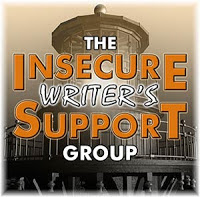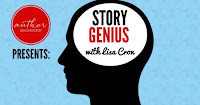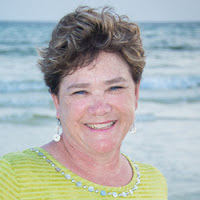If God is with me, this confounded memoir will be published
and successful. To that end, I must
trudge on with a redraft of my adventures in college showing why it matters to
both me and the reader. I’m signed up
for the Extension Course of the Story Genius method
of writing and creating story with Lisa Cron and
Jennie Nash, the two key editors and writers in the
course.
Like with any other profession, writers need to keep current
in their careers. We need to keep publishing
and keep ourselves abreast of publishing trends and active on social
media. We need to demonstrate our
knowledge base and share it with the public both online and in person. I’ve just started giving writing
presentations and workshops locally for teens and adults. If I’m lucky, in five years I will have
increased my writing workshop reach.
Writers also need to build their online
platforms. This is what I am attempting to achieve through my connections
with fellow writers at Insecure Writer’s Support Group. I try to
help my friends in the blogosphere by joining or following their blogs and
connecting with them on facebook and Goodreads.
May I
please request that if you have not “followed” my blog, please do so now. And if you could, please connect with me on
my facebook author page and Goodreads page. Thank you so
much. If I haven’t connected with you on
social media, please feel free to give me the links in the comments section of
my Adventures in Writing blog.
This post was written for the Insecure Writer’s Support Group. We post on the first Wednesday of every month. To join us, or learn more about the group, click HERE.
This post was written for the Insecure Writer’s Support Group. We post on the first Wednesday of every month. To join us, or learn more about the group, click HERE.
Have a wonderful
holiday season!

















